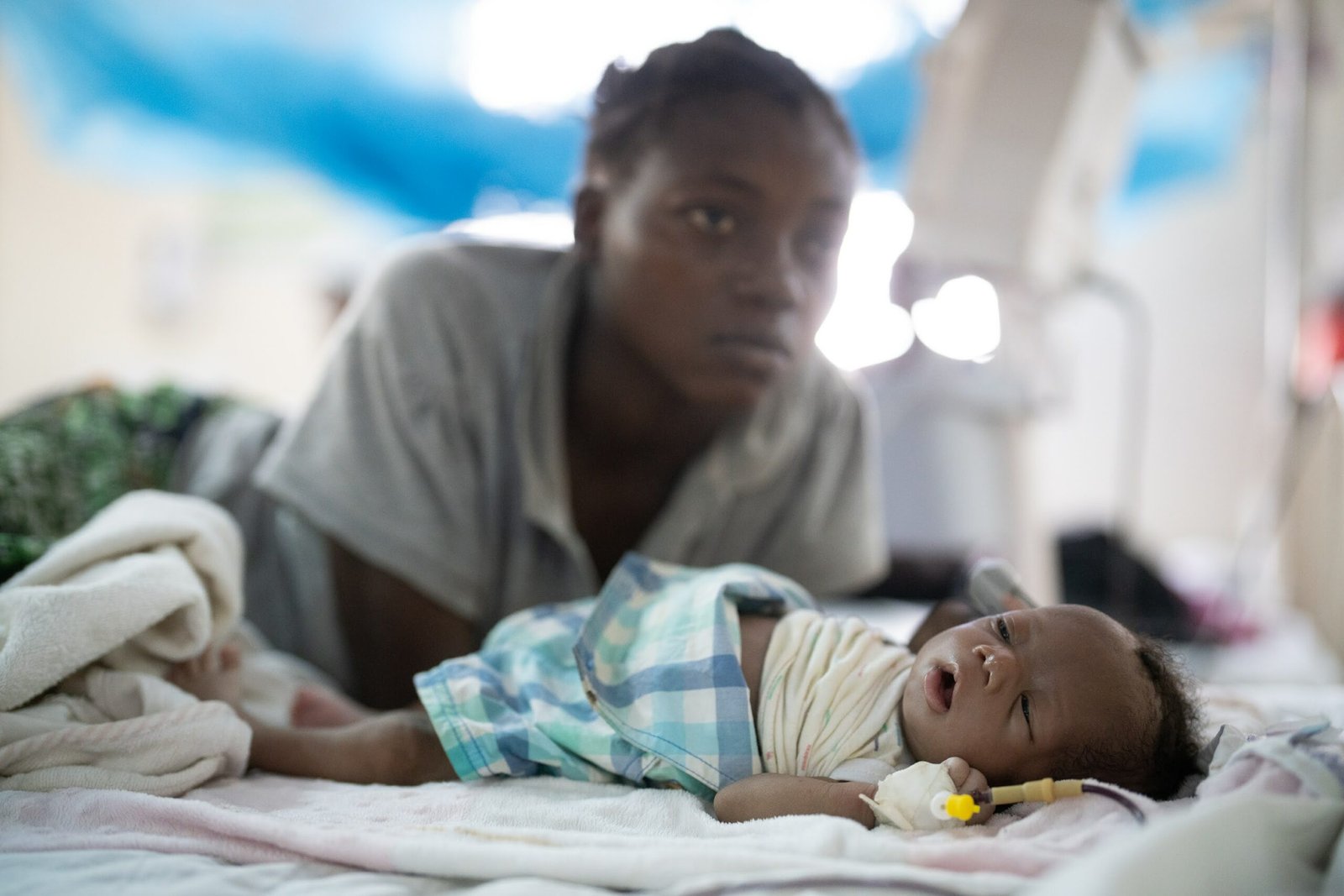Lifestyle
Bed-Sharing Vs Children’s Psychological Devt: What Parents Should Know

Aside cultural interpretations, many other myths surround the practice of bed-sharing, but what does research say?
A latest study on the subject matter has come with insightful conclusions that should help parents and care givers solve riddles surrounding bed-sharing
The study which looked at nearly 17,000 British babies and tracked them for 11 years – concludes amongst others, that kids who shared beds were happy and healthy.
The study from the University of Essex looked at nearly 17,000 British babies and tracked them for 11 years — finding kids who shared beds were happy and healthy.
Dr Ayten Bilgin, from the Department of Psychology, found no association between bed-sharing at 9 months and childhood emotional or behavioural problems.
READ ALSO: Cord Blood Banking: Other Side Of A Growing Health Fad
The practice is mired in controversy as some experts previously thought it negatively affected children’s development.
However, others say it helps both parents and children as they are nearby for feeding and if they wake in the night
Dr Bilgin, said: “Despite the ongoing debate about the potential long-term harms and benefits of bed-sharing, little scientific research has been conducted on this topic.
“Parents can rest assured that as long as it’s practiced safely, bed-sharing is unlikely to have any negative impact on children’s emotional and behavioural development.
“There is a lot of guilt and shame around bed-sharing — but it is a parental choice.”
The study, published in Attachment and Human Development, used data from the UK Millennium Cohort Study which follows the lives of 16,599 children born in the UK.
READ ALSO: Why Nigerian Govt Is Set To Prioritse Mental Health Education
Parents reported on bed-sharing at 9 months and on their children’s internalising behaviour — such as depression and anxiety — and externalising, like aggression and hyperactivity, when they were 3, 5, 7 and 11 years old.
Adapted from Science Daily















